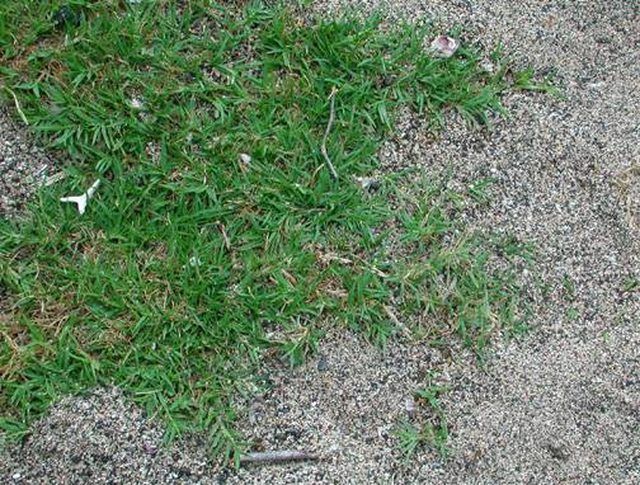Bulbs
Flower Basics
Flower Beds & Specialty Gardens
Flower Garden
Garden Furniture
Garden Gnomes
Garden Seeds
Garden Sheds
Garden Statues
Garden Tools & Supplies
Gardening Basics
Green & Organic
Groundcovers & Vines
Growing Annuals
Growing Basil
Growing Beans
Growing Berries
Growing Blueberries
Growing Cactus
Growing Corn
Growing Cotton
Growing Edibles
Growing Flowers
Growing Garlic
Growing Grapes
Growing Grass
Growing Herbs
Growing Jasmine
Growing Mint
Growing Mushrooms
Orchids
Growing Peanuts
Growing Perennials
Growing Plants
Growing Rosemary
Growing Roses
Growing Strawberries
Growing Sunflowers
Growing Thyme
Growing Tomatoes
Growing Tulips
Growing Vegetables
Herb Basics
Herb Garden
Indoor Growing
Landscaping Basics
Landscaping Patios
Landscaping Plants
Landscaping Shrubs
Landscaping Trees
Landscaping Walks & Pathways
Lawn Basics
Lawn Maintenance
Lawn Mowers
Lawn Ornaments
Lawn Planting
Lawn Tools
Outdoor Growing
Overall Landscape Planning
Pests, Weeds & Problems
Plant Basics
Rock Garden
Rose Garden
Shrubs
Soil
Specialty Gardens
Trees
Vegetable Garden
Yard Maintenance
How to Plant Bermuda Grass Seed
How to Plant Bermuda Grass Seed. Bermuda grass is a tough, persistent plant that can be used for hay, or more commonly, can serve as lawn grass. It can adapt to most situations and can be grown by simply scattering grass seeds over a patch of dirt. To promote fast, strong growth with minimal weeds, the ground must be properly prepared and made...

Bermuda grass is a tough, persistent plant that can be used for hay, or more commonly, can serve as lawn grass. It can adapt to most situations and can be grown by simply scattering grass seeds over a patch of dirt. To promote fast, strong growth with minimal weeds, the ground must be properly prepared and made ready to receive the Bermuda grass seed. This can take between a few weeks and several years to accomplish, depending on the size of the lawn, the amount of weeds, and the natural growth of the grass.
Things You'll Need
Bermuda grass seed
Tiller
Herbicide
Rake
Cultipacker
Remove all prior vegetation from the area where the Bermuda grass seed will be planted. This can be done by hand or using herbicides and greatly reduces the competition the bermuda grass has for water, nutrients and sunlight.
Use a tiller to cultivate, or break up, the soil. This promotes water and root penetration. Cultivating soil will also awaken the dormant seeds of weeds.
Water the plot of land to stimulate the growth of these weeds. It is vital to the growth of the Bermuda grass to eliminate all weeds in the vicinity before planting. The weeds should germinate and begin to grow within weeks.
Spray the newly grown weeds with an herbicide that kills on contact. In most cases, the ground should be tilled and watered once again to ensure that all weed seeds are gone.
Rake the surface of the ground. Be careful not to go too deep or more weed seeds could be brought to the surface and take root. Wait until the temperature of the soil is between 65 degrees F and 70 degrees F. Hotter soil is usually lower in water content, while colder soil is harder and greatly inhibits the growth of Bermuda grass.
Shower the plot of land with Bermuda grass seed. Try to apply an even coat of seeds over the surface area. Lightly rake the ground to break up the dirt again and mix the seeds in with the soil. Once again, be sure not to rake too deeply.
Use a cultipacker to firmly embed the seeds in the soil to ensure they won't be eaten or blown away. Keep the seeds well irrigated in dry climates. In two to three weeks, Bermuda grass sprouts should begin to appear.
Tips & Warnings
A plow can be used in place of a tiller to break up soil.
The weed extermination process of tilling, watering, and applying herbicide can be repeated numerous times to ensure the Bermuda grass has no competition.
A soil test can be performed to analyze the chemical make-up of the soil. Any nutrients the ground may be lacking can then be added to promote the growth of the Bermuda grass.